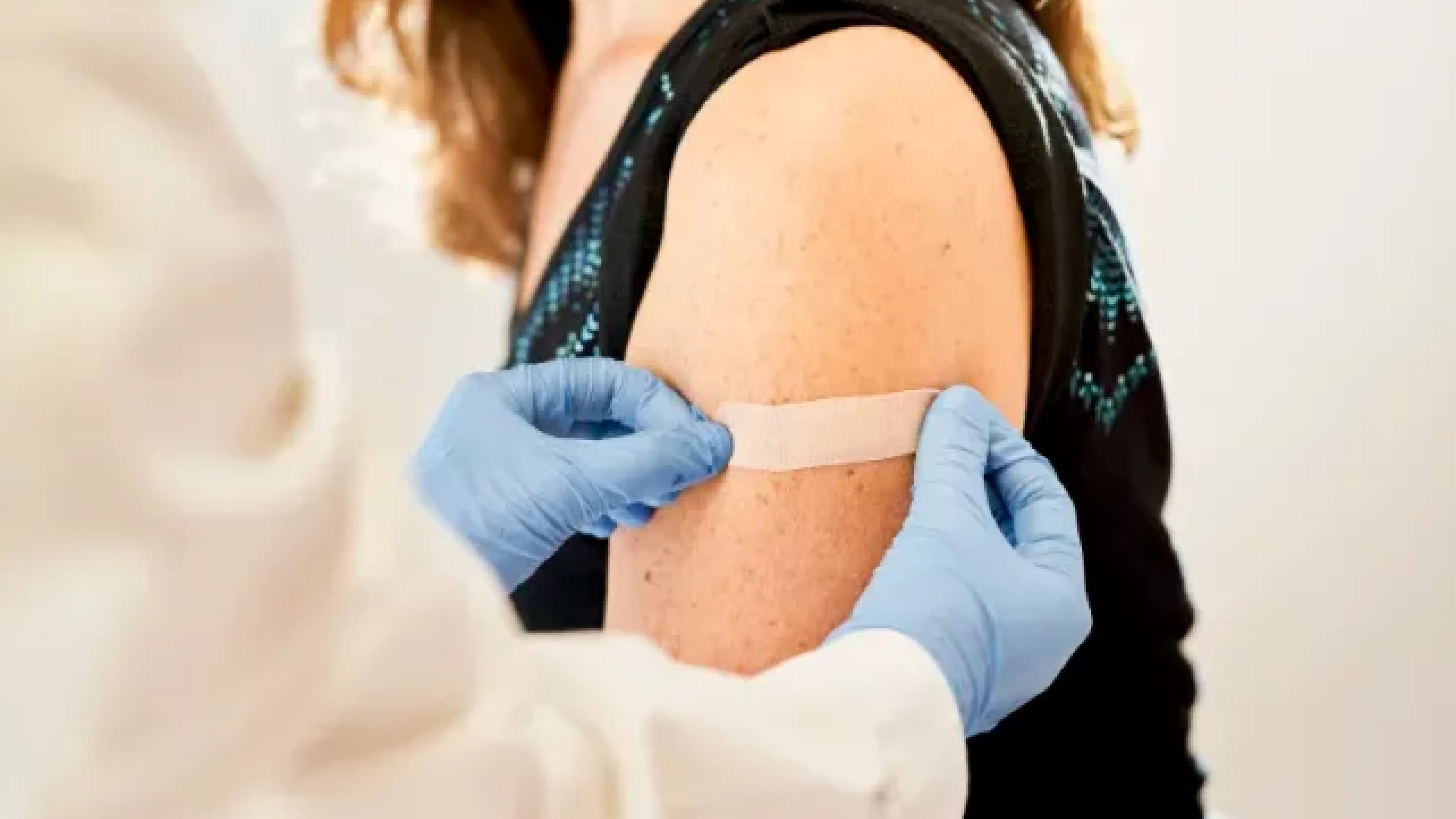You’re reading the web version of our email briefing on health policy, science and medical news. Sign up to get it next week.
Hi Healthwatchers,
Charging patients for publicly insured care is illegal. So is steering them toward unnecessary, add-on services. This week, we’re looking at proposed provincial legislation that would finally enforce these rules. It's an Ontario story, with national relevance.
Also in this issue: a U.S. vaccine plan experts say is both dangerous and unethical, gut bacteria’s link to rising cancer rates in younger people, and measles gains ground in Ontario.
Let's get into it.

Ontario’s opposition NDP proposes suspensions and fines for providers and clinics charging unlawful fees.
Why it’s important: Charging patients for publicly covered care is already illegal under the Canada Health Act, but enforcement is spotty. Bill 7 would change that, formally defining extra billing as professional misconduct and giving regulators the power to suspend licenses and compel repayment.
“We put the burden of identifying and reporting unfair, illegal fees on patients,” said Dr. Edward Xie, a director of Canadian Doctors for Medicare. Since investigations usually rely on formal complaints, many violations go unchecked. One longstanding example: patients being steered into paying “nutrition counselling fees” for unnecessary dietician consults before a routine colonoscopy.
Read more…

H5N1 might be out of the headlines, but it’s mutating rapidly and adapting.
Why it’s important: Mass DOGE layoffs at the CDC and USDA have knee-capped surveillance, and political pressures are interfering with case-reporting and transparent data-sharing. Scientists say we're now likely to miss any early signs of human-to-human spread.
Each infection in animals and people is nudging the virus closer to pandemic potential. Cats are now known to be vulnerable, catching the virus from frozen pet food, or even their owners. Fallout from Trump’s first 100 days means we're underestimating risk — especially with more virulent genotypes (such as D1.1) now prevalent.
Read more…

Hospitals brace for rising costs and possible shortages of essential medical supplies.
Why it’s important: Baxter, a major supplier of IV fluids and other medical equipment, says tariffs will cost it up to US $70M this year — even after efforts to soften the blow. Canadian groups warn access to critical supplies is increasingly at risk here.
Hospitals are preparing for higher prices and possible disruptions in supply chains still fiscally fragile from the shocks of COVID. Despite most of Baxter’s U.S. products being domestically produced, components from Canada and elsewhere are being caught up in retaliatory tariffs, compounding the damage.
Read more…

A new U.S. rule would require all “new” vaccines be tested against placebos — even annual updates of flu and COVID vaccines.
Why it’s important: Experts say the plan will bring the rollout of future vaccines to a standstill. Kennedy will require placebo-controlled trials even for minor updates, including seasonal influenza and COVID strains.
Critics say the change will make vaccines harder to access (and easier to distrust), as measles is poised to return to endemicity and pandemic preparedness is summarily dismantled. There was another time the U.S. knowingly exposed participants to avoidable risk under a pretense of science — Tuskegee.
Read more…

A new study finds a bacterial toxin may damage DNA in the cells of the colon, decades before cancer appears.
Why it’s important: Early-life exposure to colibactin; a toxin made by certain E. coli strains, has been linked to a mysterious rise in colon cancer in younger adults.
Researchers found a mutational calling card from colibactin that shows up over three times more often in early-onset cancers. The mutations likely form in childhood, long before any symptoms. Scientists are now investigating how these bacteria spread, whether diet or antibiotics play a role — and whether probiotics or bacterial vaccines could play a preventive role.
Read more…

Measles is no longer confined to rural, unvaccinated communities. Exposure notices are now being issued for public schools and major tourist attractions.
Why it’s important: Ontario’s measles outbreak seemed to be plateauing, but no longer. The province logged its biggest jump in cases since the outbreak began.
Southwestern Ont. remains the epicentre, though the virus is now confirmed in 17 health units. Doctors are calling for more visible leadership from Ontario’s chief medical officer, Kieran Moore, who’s been absent from public view. Vaccine coverage is dangerously low — 70% of 7-year-olds were fully immunized in 2023–24, far below the 95% target needed for herd immunity.
Read more…
And that’s all for today.
Thanks for reading, and for caring about the systems that shape our health.
If you made it this far, treat yourself to a nap or a snack. You’ve earned it. 🌟
See you in a week,
Nick Tsergas, Editor
Canada Healthwatch
[email protected] | canadahealthwatch.ca
Stay informed.
On the most important developments in Canadian health.
Get Canada’s essential briefing on health policy, science, and system change. Get Briefing